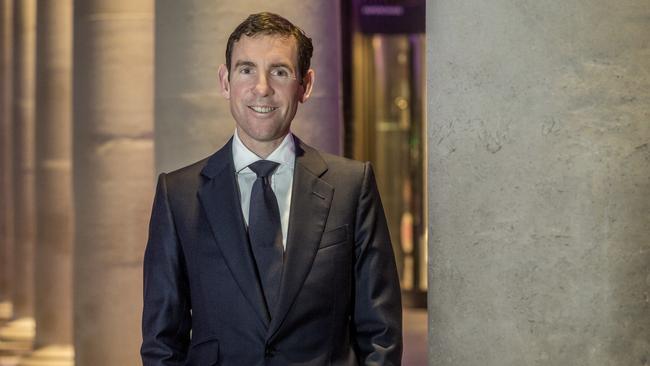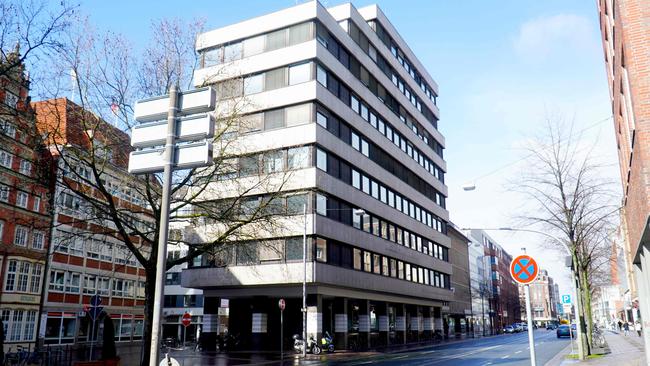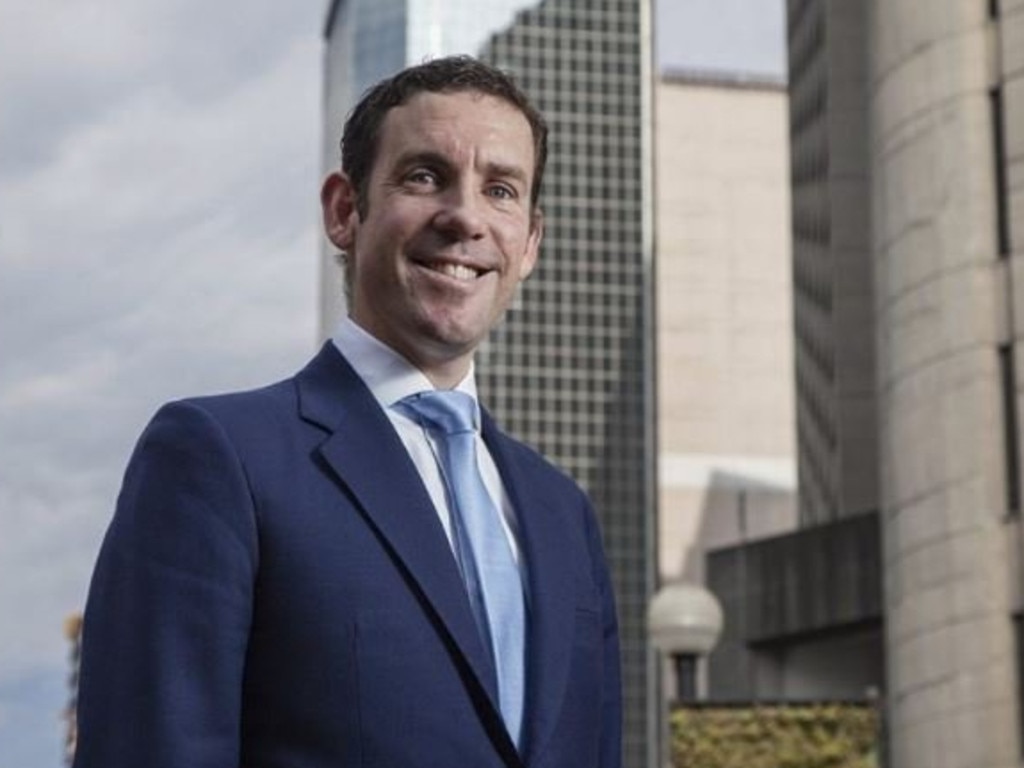Executive asks of Lex Greensill: why no plan B for Greensill Capital?
Recriminations have began inside Lex Greensill’s fallen $US7bn ($9bn) empire.

Recriminations have began inside Lex Greensill’s fallen $US7bn ($9bn) empire with one executive questioning why the global financier’s leader had “no plan B, C”, while another has said the demise has triggered a “collective sigh of relief breathed by every banking CEO across the planet”.
The comments come as Greensill’s collapse spread to the US, with a West Virginian coal miner suing Greensill for alleged fraud, while Greensill Bank in Germany was declared insolvent, triggering losses for dozens of small German towns.
Greensill’s head of country in Brazil, Samuel Canineu, said while he was impressed by the talent in the company, he questioned what actions its leaders took to prevent or prepare for its collapse.
“I’m still struggling to understand what people at the very top of Greensill see as the reason of our fall,” Mr Canineu wrote on LinkedIn.
“How did our leaders didn’t see it coming and did nothing to prevent/prepare? How come we had no plan B, C? How did we keep bringing people on-board of a sinking ship? There are too many basic questions.”
It followed Greensill sacking its Australian staff, with its 500 employees in the UK also expected to be retrenched.
The job losses were revealed by Greensill’s head of Australian operations, Matthew Costello, who paid an emotional tribute to his “close friend” Lex Greensill, who said he invited him to start the financing business in Australia in 2014 with then business partner Ilkka Tales.
Mr Tales said, in response to Mr Canineu’s comments, that “it’s up to our leaders and board to share what happened at the right time with due consideration”.
Some insight into the company’s collapse is expected to be shared at Greensill’s first creditors’ meeting on Friday.
Greensill had been negotiating with it insurers since September to renew $4.6bn in policies and stave off a collapse. But in December the company was spruiking a $US600m pre-IPO capital raising, talking up its prospects.
This was despite its pipeline of new clients slowing, leaving it reliant on Sanjeev Gupta’s GFG Alliance, which owes Greensill about $US5bn.
The raising was quickly abandoned and Greensill failed to renew its insurance policies, triggering questions about the health of the group.

But one thing is clear, according to Mr Tales, Greensill’s demise is good news for bankers.
“Six days ago a collective sigh of relief was breathed by every banking CEO across the planet, as the end of Greensill was nigh. The reason for this was simple, traditional banks took 70 years to build a receivables portfolio of $20bn that Greensill achieved in 10 short years,” Mr Tales wrote on LinkedIn. “That sort of growth generates fear in any industry sector under disruption.” And Mr Tales said Greensill’s “alumni” would learn from the failure.
“The learnings from our failures will perpetuate across the financial sector for decades to come. There are 1100 Greensill alumni that have learnt valuable lessons from this failure that will generate and reverberate across hundreds of fintech organisations across this planet that will grow even faster than what Greensill achieved.”
Mr Tales then urged fintechs to consider hiring former Greensill staff. “I recommend tapping into this alumni, these lessons for your business are invaluable if you wish to succeed and shake the foundations of a bloated banking sector.”
He found support from one banker at one a “bloated” institutions. ANZ banker in trade and supply chain finance, Ben Lacey, said he didn’t breathe a sigh of relief at Greensill’s collapse.
“There is an absolute place in the capital stack for SCF (supply chain financing) and/or structure inventory/receivables programs for large corporates,” Mr Lacey wrote.
“More than happy to have a program to sit beside my bank debt given the financial supply chain and balance sheet enhancing outcomes.”
It came as Greensill Bank was deemed insolvent by a Local Court in Germany. Its insolvency leaves small German towns as creditors, with deposits from at least 12 towns across the country totalling €200m ($308m).
Individual depositors are covered by insurance.






To join the conversation, please log in. Don't have an account? Register
Join the conversation, you are commenting as Logout